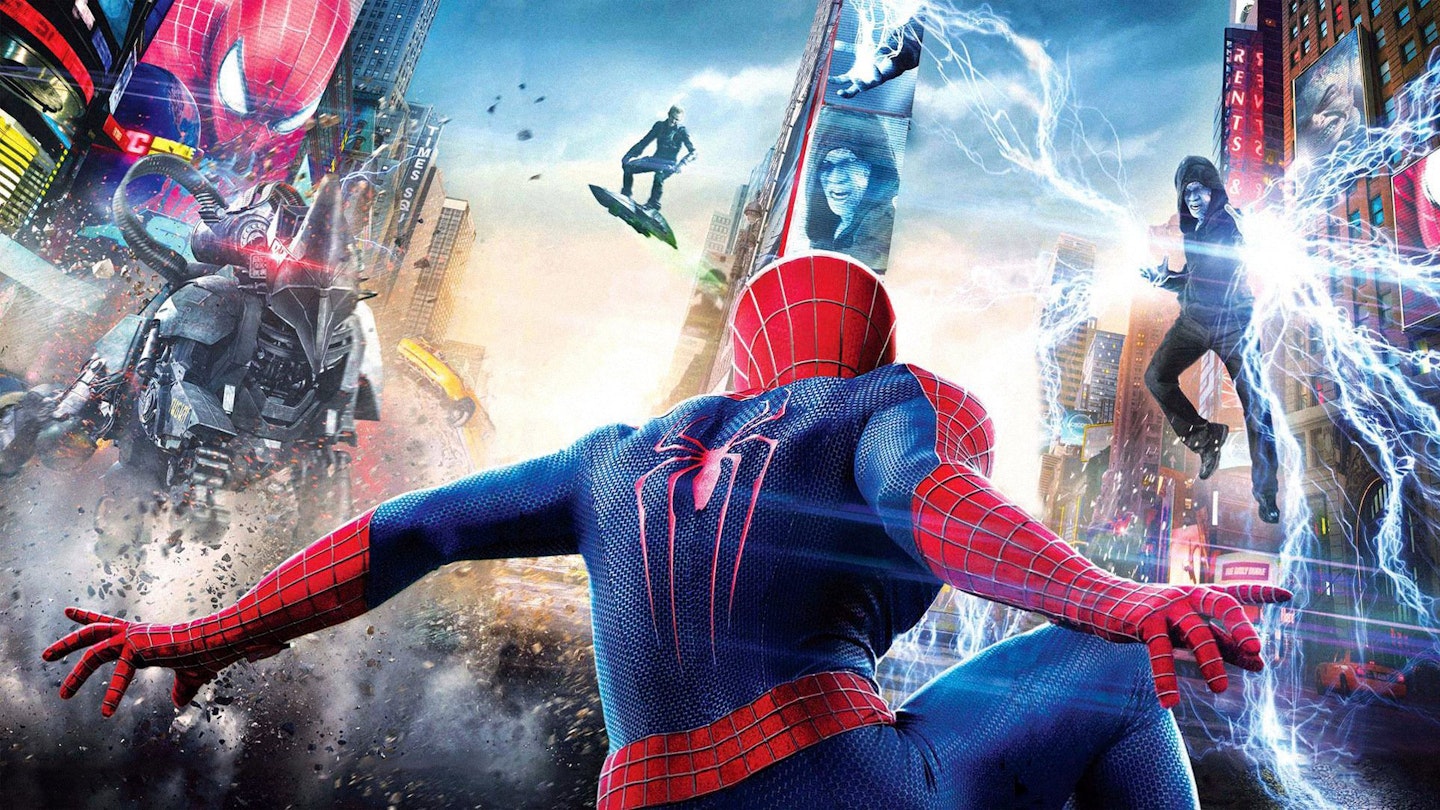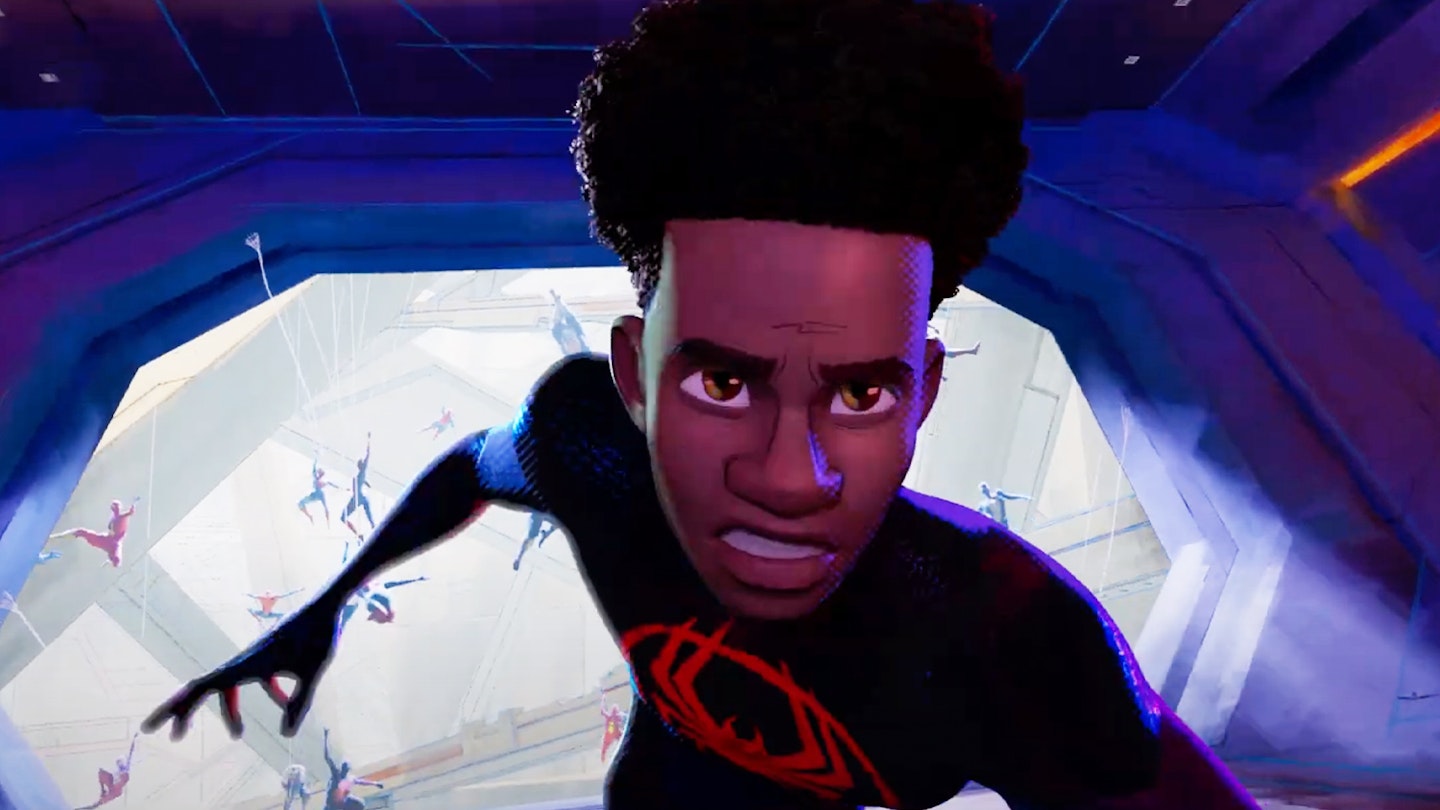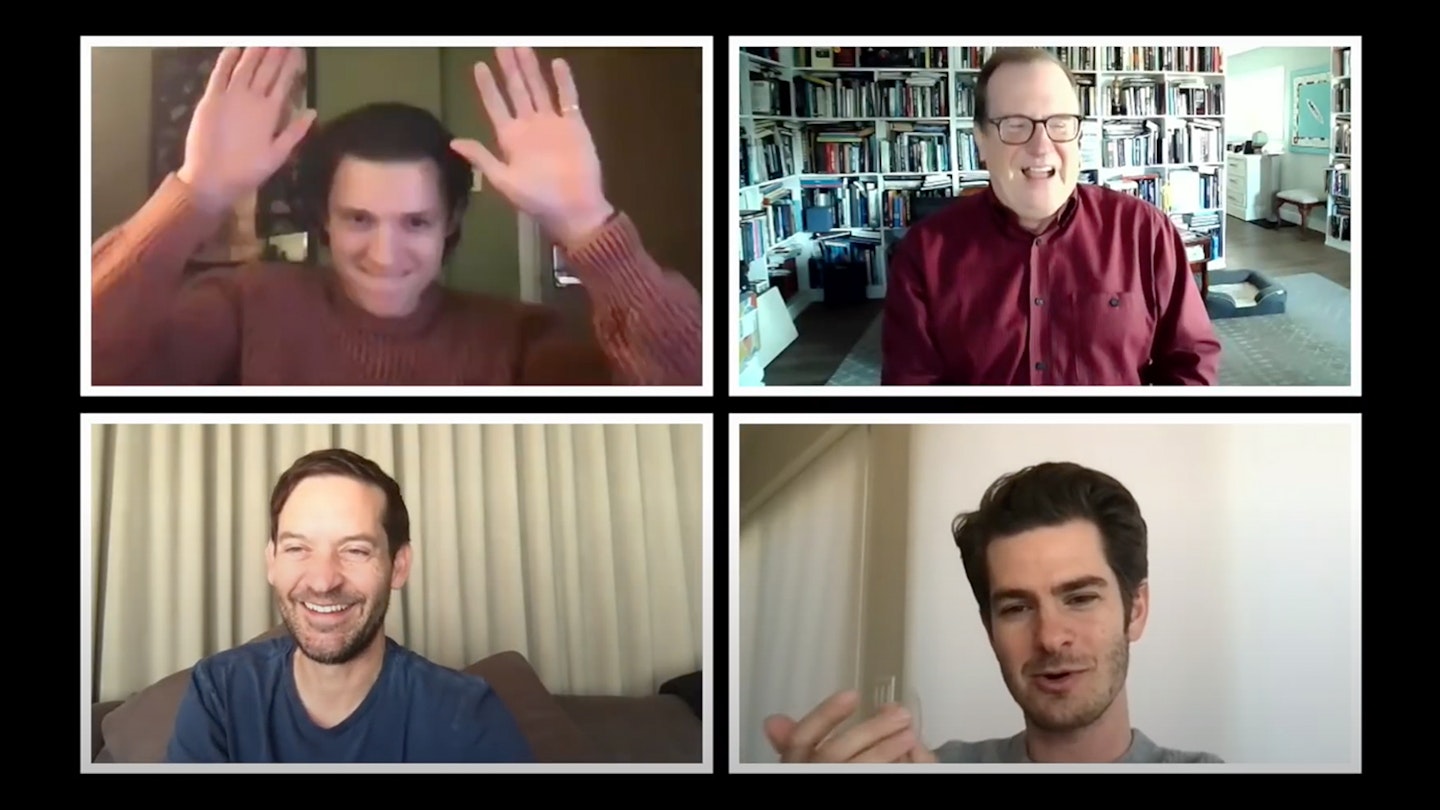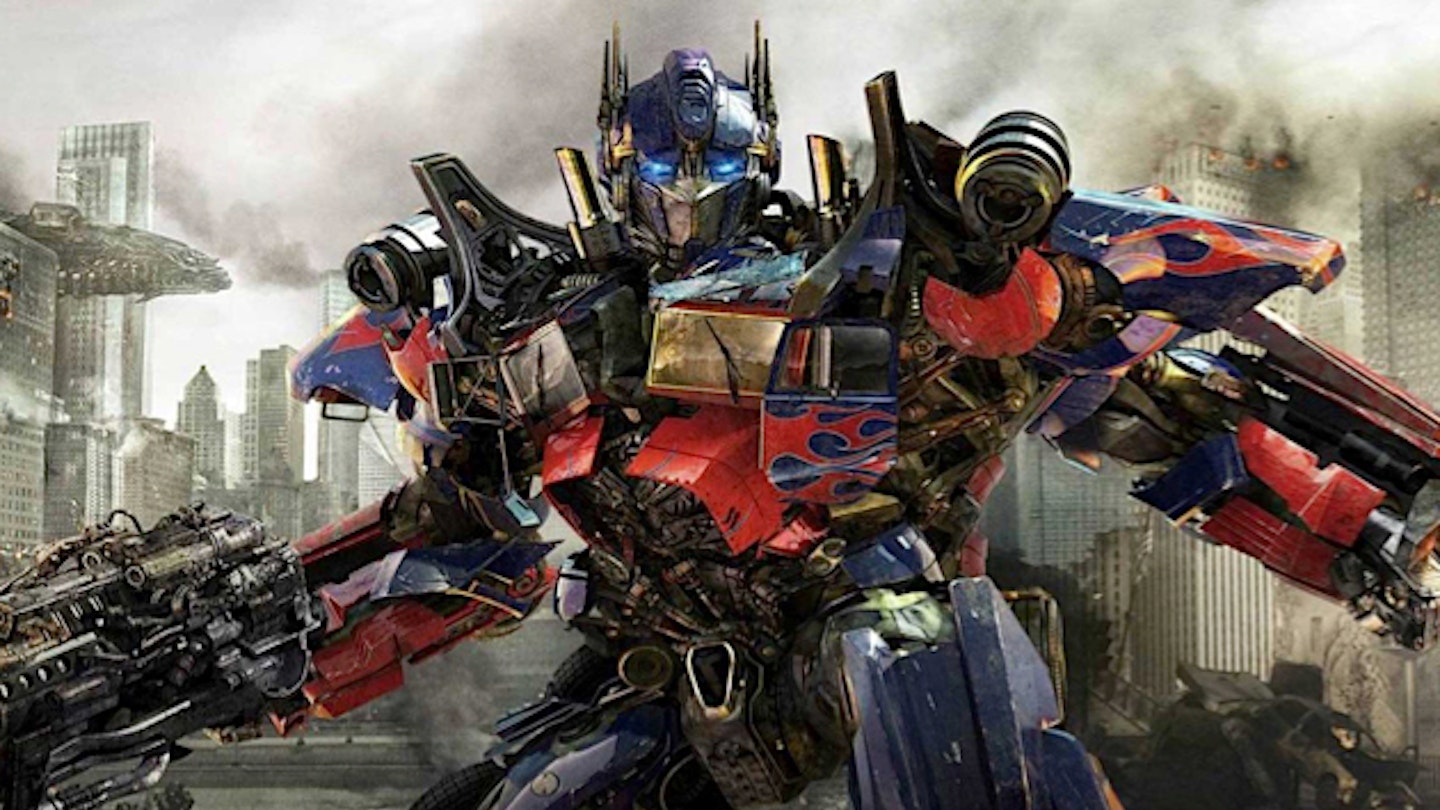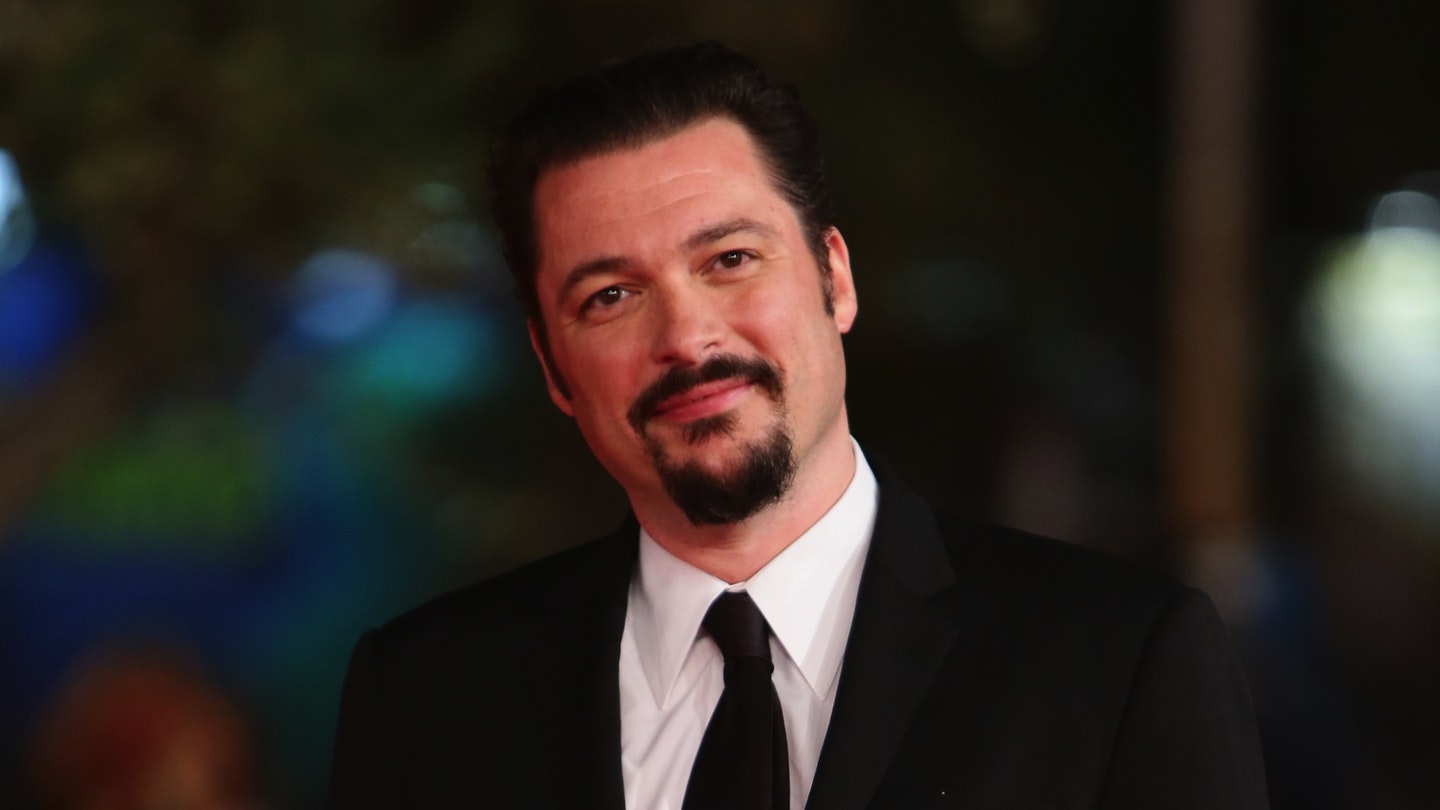When Sony announced on January 11, 2010, that, rather than moving forward with Sam Raimi/Tobey Maguire’s Spider-Man 4 they’d be rebooting the franchise from scratch, the entire internet — even webuyanycar.com — heaved with a collective groan. It was TOO SOON! It was SKEWING YOUNG! It was TWILIGHT IN SPANDEX swinging to a MY CHEMICAL ROMANCE playlist! Very rarely has the caps key been so well and truly locked.
For the most part, these fears haven’t come to pass (for a start, you could never mistake James Horner for My Chemical Romance). Marc Webb’s film, his first since (500) Days Of Summer, never goes full Nolan in terms of darkness or complexity (nor should it), but it never feels it should be re-titled The Totes Amazeballs Spider-Dude, either. Instead, it takes the high school bit of Raimi’s flick, expands it to three acts, then sutures in a scientist/green alter-ego thread, this time in the shape of Rhys Ifans’ Curt Connors/The Lizard. The result is a mixed bag, beset by muddy plotting and decent (not jaw-dropping) action set-pieces but enlivened by a focus on people and strong performances, especially from Andrew Garfield and Emma Stone.
The status of geeks — and science-y geeks in particular — has shifted far deeper into the mainstream in the ten years since Maguire’s Parker. The computer programmers of Facebook, Apple and Google run the world, The Big Bang Theory is US TV’s biggest show and Comic-Con’s Hall H is the prime port of call for the entertainment industry, but Garfield’s Parker is still your stereotypical nerd: he gets hit in the face by basketballs, can’t get to his locker for snogging couples and has a solved Rubik’s Cube in his bedroom. Only this time he has mad skateboard skills (cue montage) and good hair. Webb invests more in Parker’s backstory — we meet his parents — and his quest to solve their mystery comes on like a key driver in the film. Yet the movie doesn’t really capitalise on it, typical of a number of strands (see also the search for Uncle Ben’s attacker) that are introduced then dissolve away.
The pillars of the story, though, remain the same — radioactive spider, Uncle Ben, crime-fighting begins — but Webb’s film finds different, interesting colours for the same panels. Raimi’s spider bite is a huge close-up of a spider sinking his teeth into Peter’s hand; this time around is much more matter-of-fact, with Peter barely registering the nick on his neck. Raimi details Peter’s growing awareness of his Spider-sense in a single camera move, picking up the woosh of a paper plane and globules of spit; here we get a series of comic vignettes showing Peter smashing an alarm clock, squeezing the shit out of toothpaste and alive to the deafening sounds of arachnids. The fist-fight with jock Flash in the 2002 version sees Peter dodge and weave, almost accidentally avoiding the bully’s blows before landing a killer punch; 2012’s take sees Parker in much more aggressive mode, humiliating his nemesis on a basketball court and taking huge pleasure in doing so.
Most of this feels effortless, although occasionally you feel the strain: in a big Uncle Ben lecture to Peter, the writers must have exhausted The Big Book Of Synonyms to come up with their alternative to, “With great power comes great responsibility.” Also the film does little to distinguish its sense of villainy. Rhys Ifans’ Curt Connors, an emotionally wounded, one-armed scientist hell-bent on creating a ‘World Without Weakness’ by using the regenerative powers of lizard DNA, starts as an underling to the shady Oscorp operative Ratha (Irrfan Khan), who subsequently goes AWOL from the plot, leaving Ifans to manfully shoulder Big Bad duties. By the time Connors mutates into The Lizard, an over-sized sentient salamander, his pain is reduced to setting up science shop in a sewer and a Green Goblin-esque habit of talking to himself. It’s an interesting conceit — a man whose desire to do good is so rampant it boils over into evil — and the seeds of tragedy are there, but it never really becomes poignant. Webb doesn’t import much of the visual whimsy and filmmaking ingenuity he brought to (500) Days; this is a slightly heightened but basically realistic universe.
Save the now de rigueur Stan Lee Cameo (his best yet) full of nutty comic energy and a recurring Spidey POV (Webb cam?), this is solid rather than spectacular blockbuster filmmaking. When Parker finally suits up, we get a return to the irreverent wisecracking of Stan Lee and Steve Ditko absent from Raimi: this is your sarcastic, neighbourhood Spider-Man (“Oooh, my weakness is small knives”), nonchalantly sneezing webbing to apprehend villains or beating up street hoods — to use Andy Townsend parlance — for fun.
The return of the web-shooters — Raimi fiddled with the character’s mythology by making Parker’s webbing an organic bi-product of his mutated biology — may be a return to tradition, but it is also an attempt to dramatically demonstrate Peter’s smarts.
The mixture of practical swinging — watch him run along on the sides of trucks — and consistently strong CG works well, capturing the dynamics and mood of Mark Bagley’s art in Ultimate Spider-Man. Yet as the action increases, the spectacle gets less impressive. A car-on-fire rescue works far better than the final showdown(s). It also doesn’t help that Webb is perhaps too hip to commit to some of the corniness inherent in the strip that comes to Raimi naturally. There is a late-in-the-day episode where the city pulls together to help our hero that should get you on your feet cheering. Instead it just feels half-hearted.
But where The Amazing Spider-Man does find freshness, and its feet, is in its believable, touching central relationship. There are dedicated teen flicks that don’t do awkward conversations in high-school corridors as well as Garfield and Stone deliver them. Peter goes through rites of passage here — the thrill of being in your best girl’s bedroom, the intimidation of meeting her police chief father (Leary, who snags laughs in a gruff role), the struggle to eat branzino that’s served up for dinner — and Garfield, 28 but not looking it, proves himself to be a master of social ineptitude, a godfather of gauche. He also gets strong, quiet scenes with Sally Field’s Aunt May (less annoying than Rosemary Harris’ incarnation) and Martin Sheen, delivering maximum Martin Sheeniness, as Uncle Ben. This means it’s a long time before Parker gets in the suit, but it’s time well spent.
Along with Kirk vs. Picard (Picard), Alien vs. Aliens (Alien) and the Cantina Band vs. The Max Rebo Trio (too close to call), the geek debate over Mary Jane vs. Gwen Stacy as Peter Parker’s true love reigns supreme, but Emma Stone does a lot to tip the balance in Gwen’s favour. Stone’s Stacy is charming (“Easy bug boy”), resourceful and funny, especially in a conversation with her dad about cocoa (honestly). It is a rare moment in a comic-book film where the characters talk about something other than the plot. The Amazing Spider-Man proves they should do it more often.
